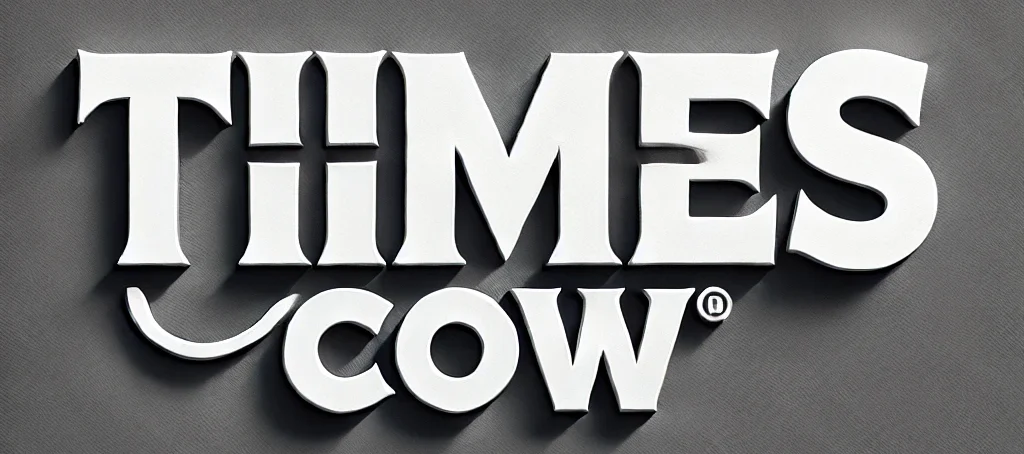After making waves in the South Korean market, Hyundai’s Inster micro EV is now gearing up for its Japanese debut. Priced at around $18,000 (approximately ₹15 lakh), the entry-level all-electric car aims to capture a significant share of the Japanese EV market. But what about India? With the much-anticipated launch of the Hyundai Creta EV on January 17, 2025, at the Bharat Mobility Expo, the question on everyone’s mind is whether the Inster EV will follow.

What Makes Hyundai Inster Special?
Hyundai Inster’s biggest draw is its affordable pricing, making it one of the most cost-effective EV options in global markets. Upon its Japanese launch, the Inster will undercut competitors like the BYD Dolphin, positioning itself as a highly attractive urban mobility solution.
Globally, the Inster EV is offered with two battery pack options:
- 42 kWh and
- 49 kWh,
offering a claimed range of up to 370 kilometers on a single charge. With a top speed of 150 kmph, it has been praised for its ability to handle both city commutes and occasional highway trips.
While its compact dimensions mean space may not be its strongest suit—its length and wheelbase are only slightly larger than the Hyundai Venue—it perfectly aligns with Japan’s ‘kei car’ category. However, for India, where space and practicality are crucial factors, certain India-specific revisions would likely be necessary.
Is an India Launch on the Horizon?
While there’s no official confirmation, speculation about the Inster EV’s India launch has been rife. Hyundai has already confirmed its plans to introduce four new EVs in India, starting with the Creta EV. If brought to India, the Inster EV would square off directly against the popular Tata Punch EV, which is priced upwards of ₹10 lakh.
Sources suggest that the Inster EV could be manufactured at Hyundai’s plant near Chennai, ensuring competitive pricing by reducing import costs. To make a significant impact in India’s growing EV market, Hyundai would likely have to price the Inster EV between ₹10 lakh and ₹13 lakh, offering a compelling alternative to existing models.
Potential Rivals and Market Positioning
The Tata Punch EV has already carved out a niche in the micro EV segment, and Hyundai’s Inster EV could be its most formidable rival yet. With Hyundai’s strong brand presence, extensive service network, and a history of delivering reliable products, the Inster EV could quickly gain traction among Indian buyers.
Moreover, if Hyundai opts to localize key components and introduce an India-specific variant, it could provide additional features tailored to local needs—potentially giving it an edge over its competition.






